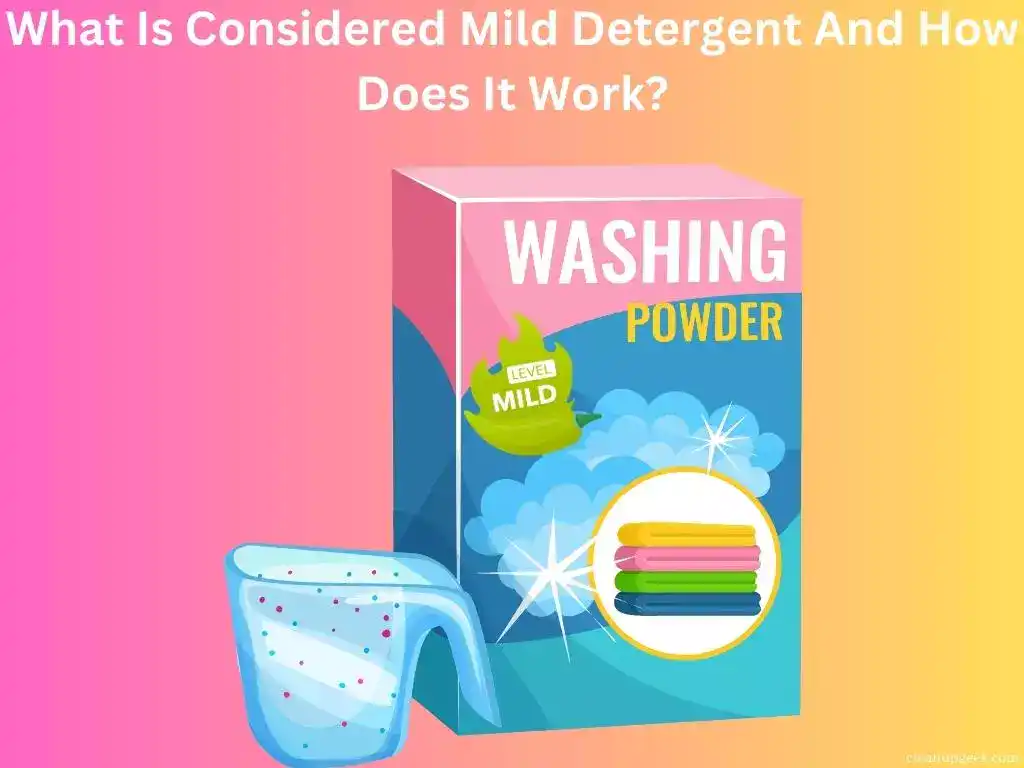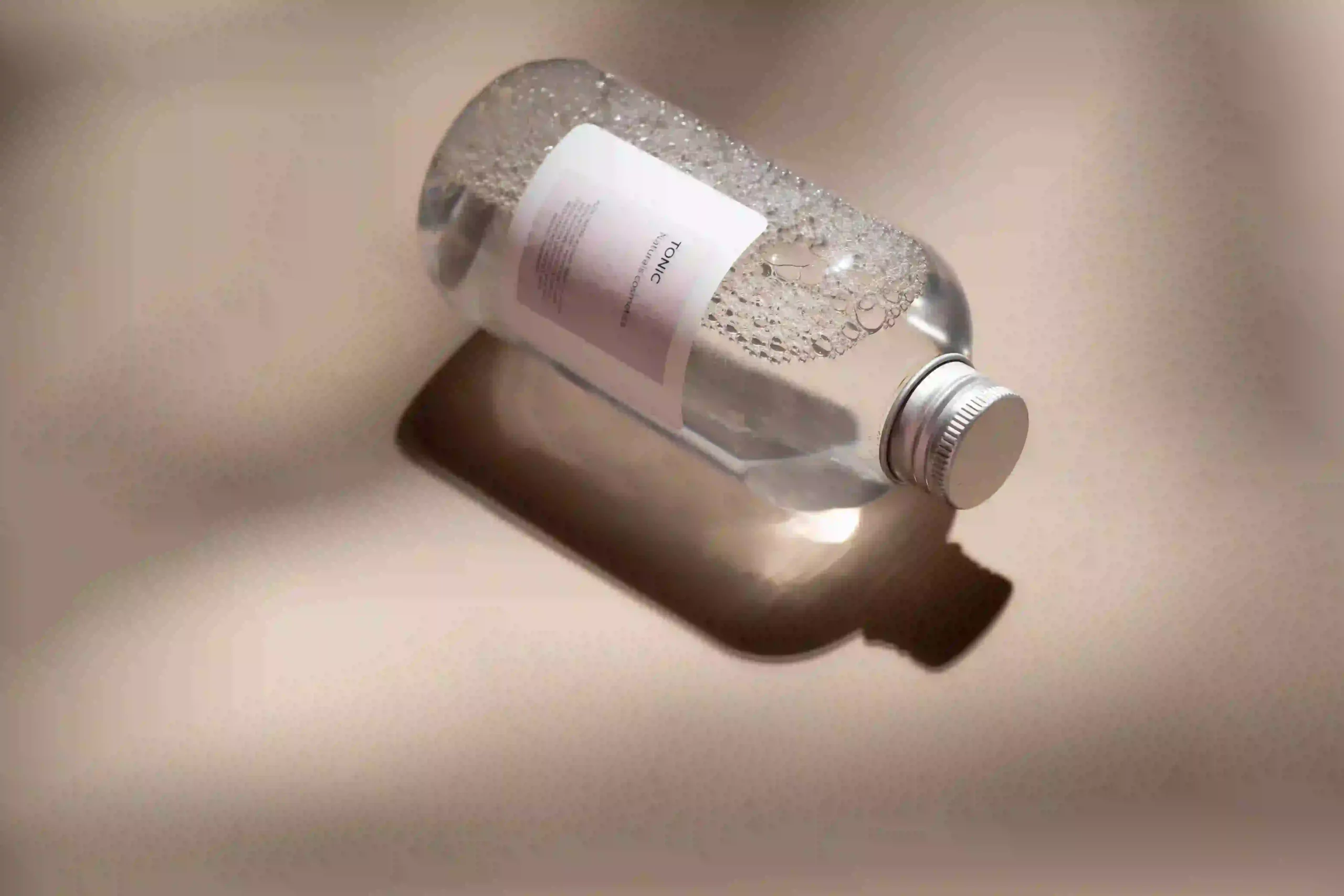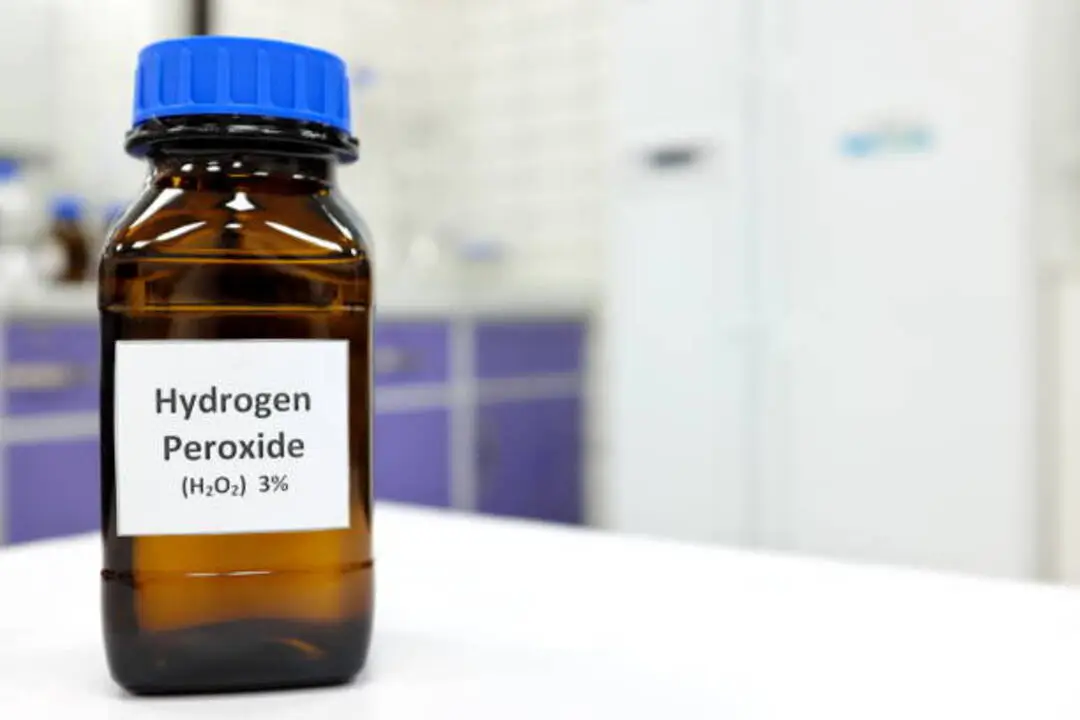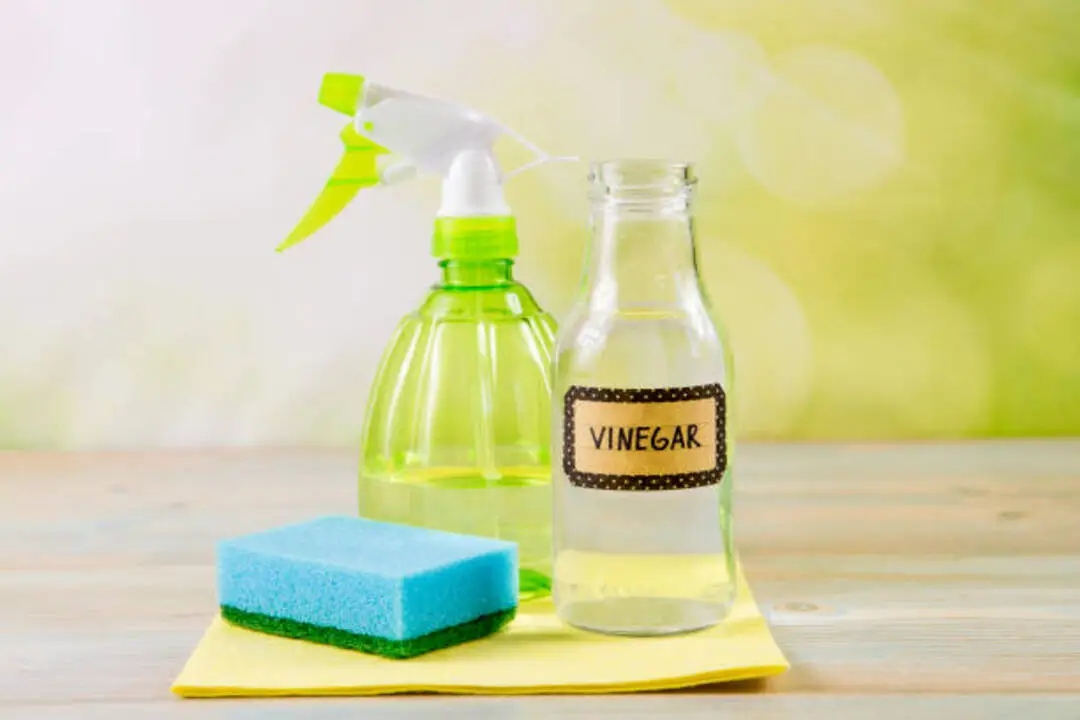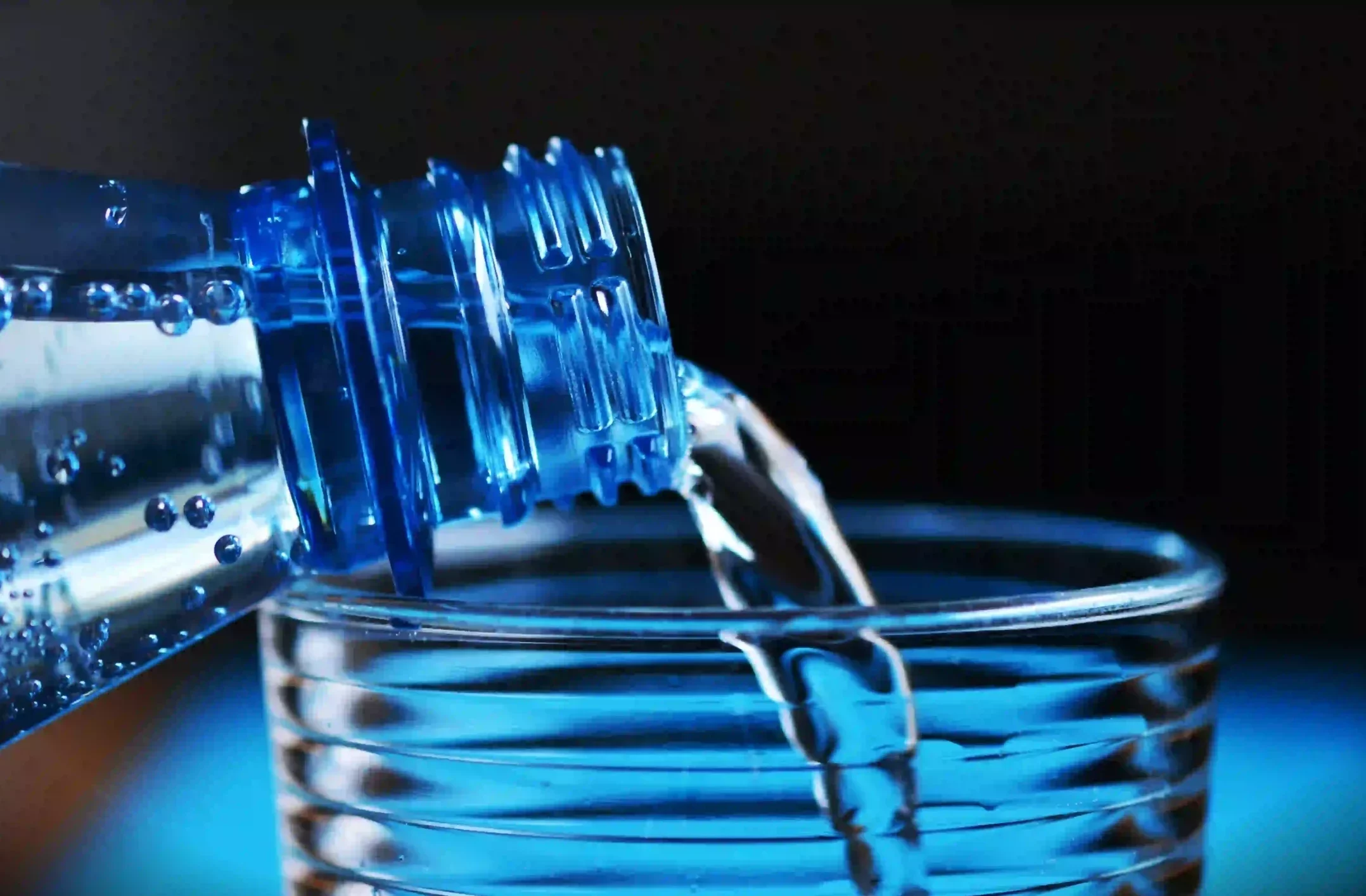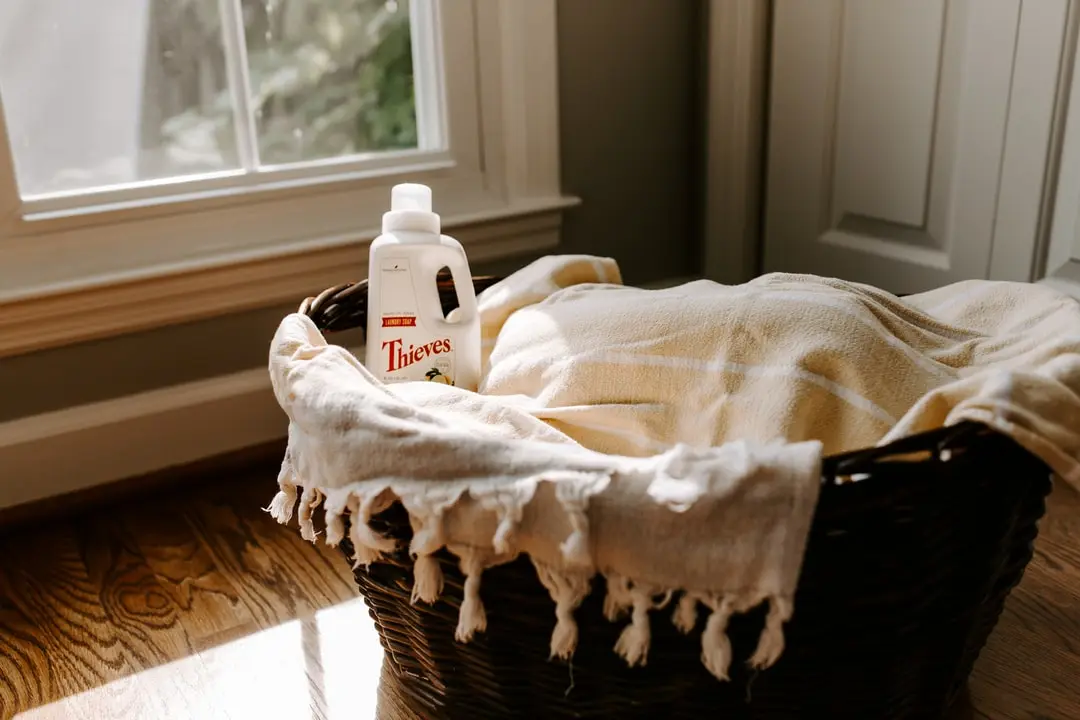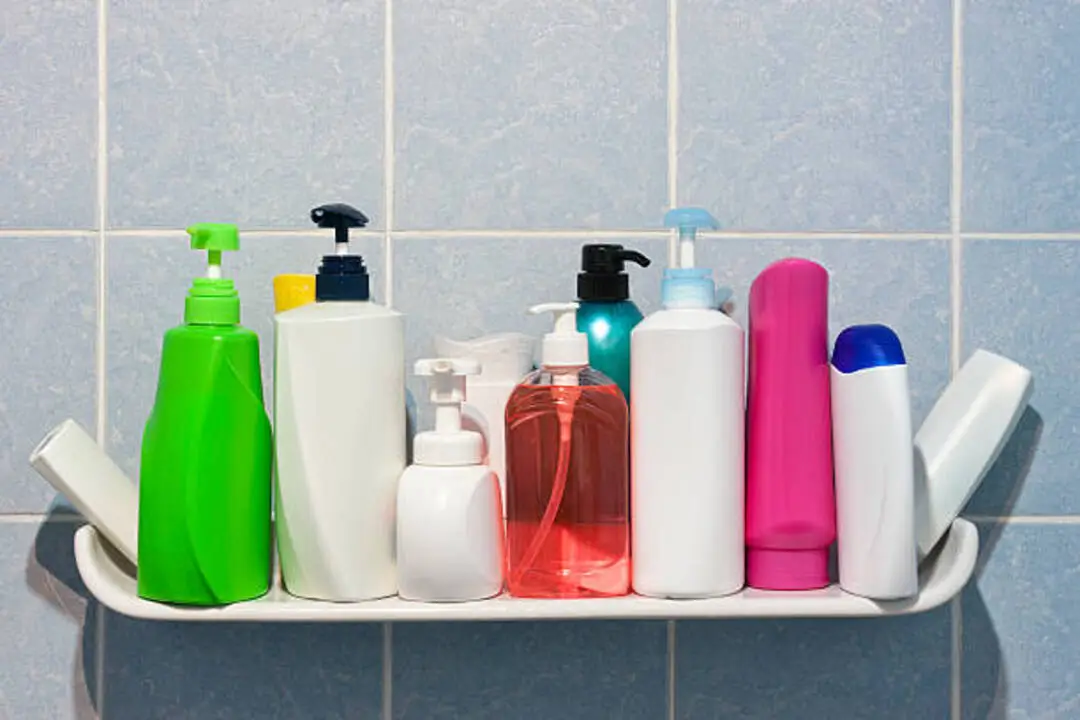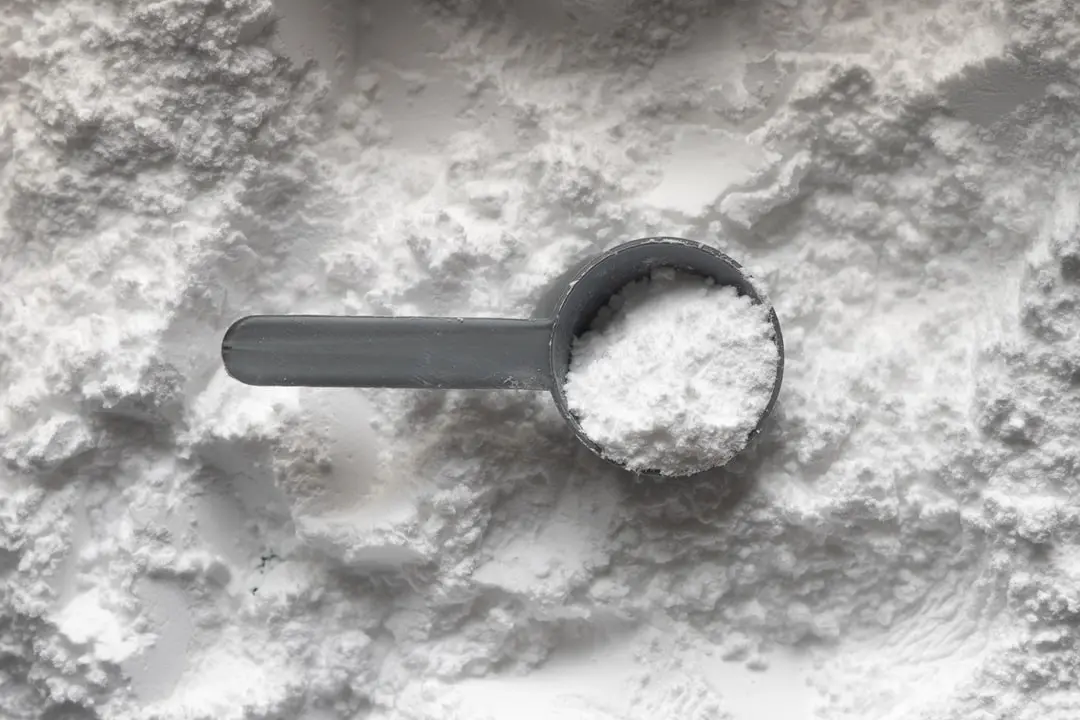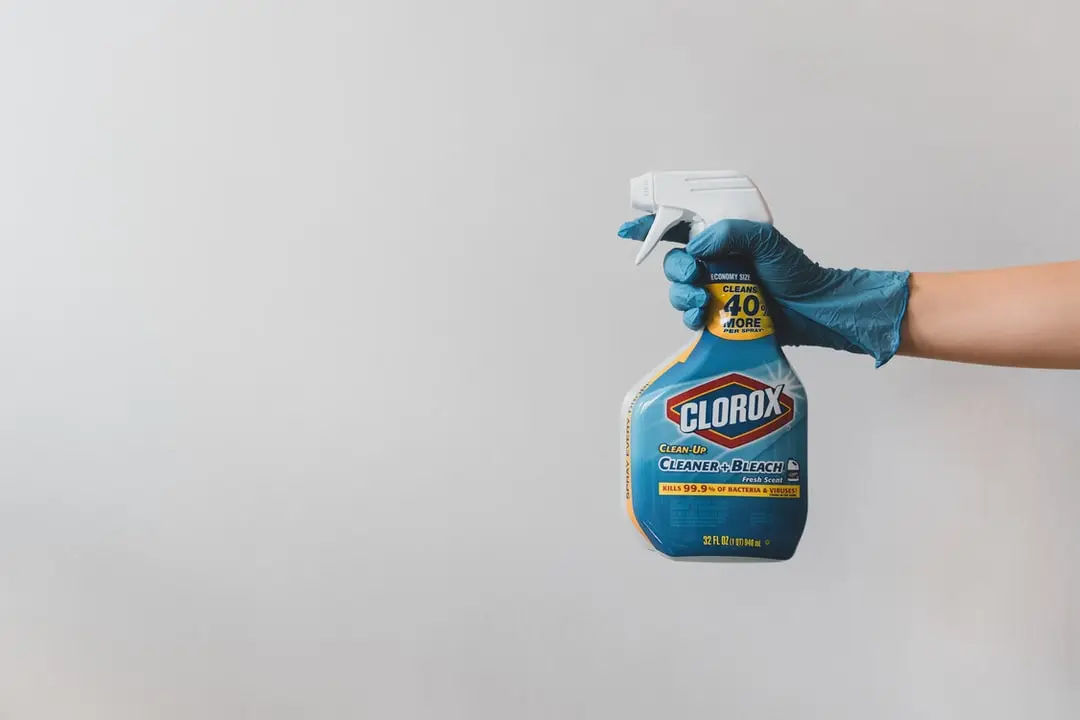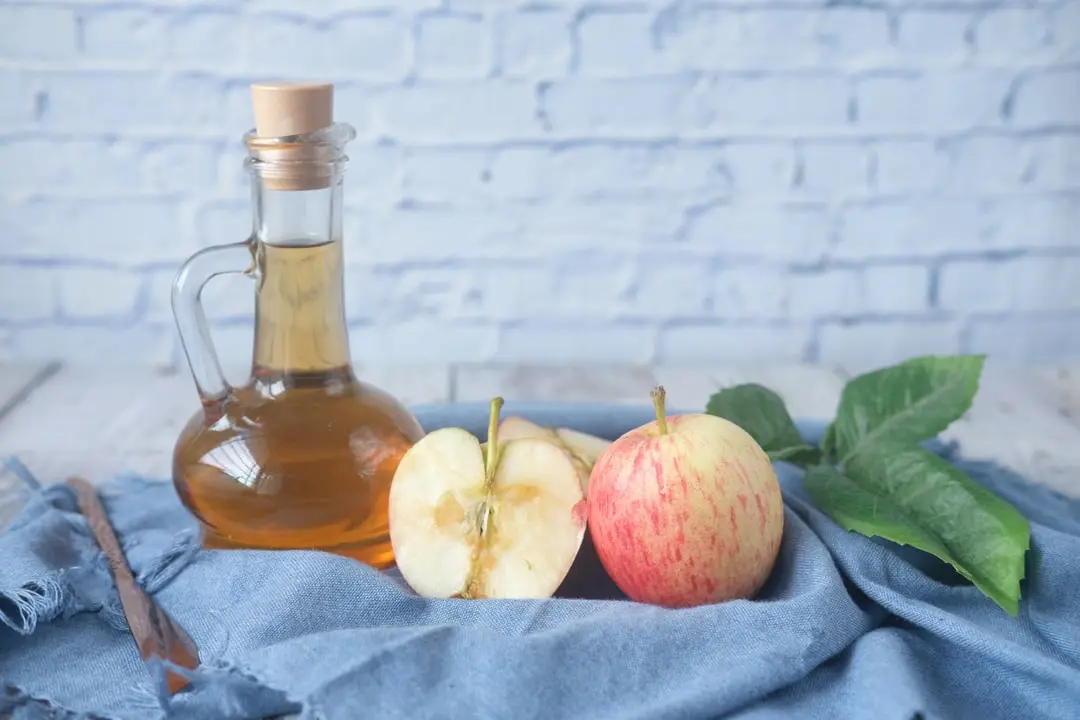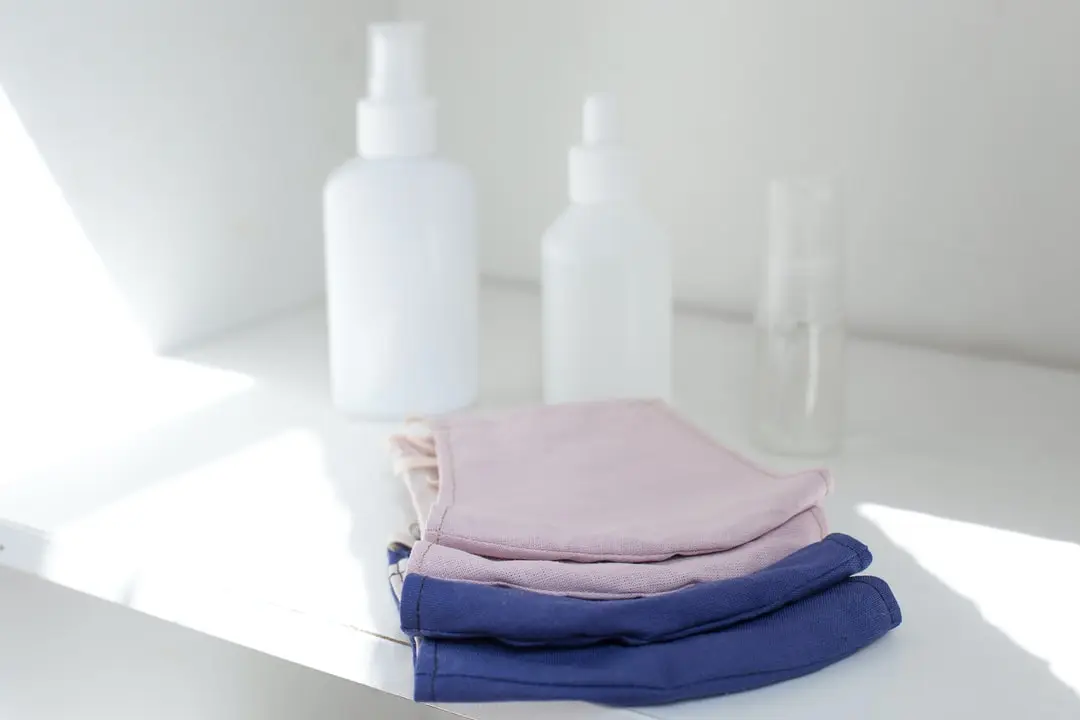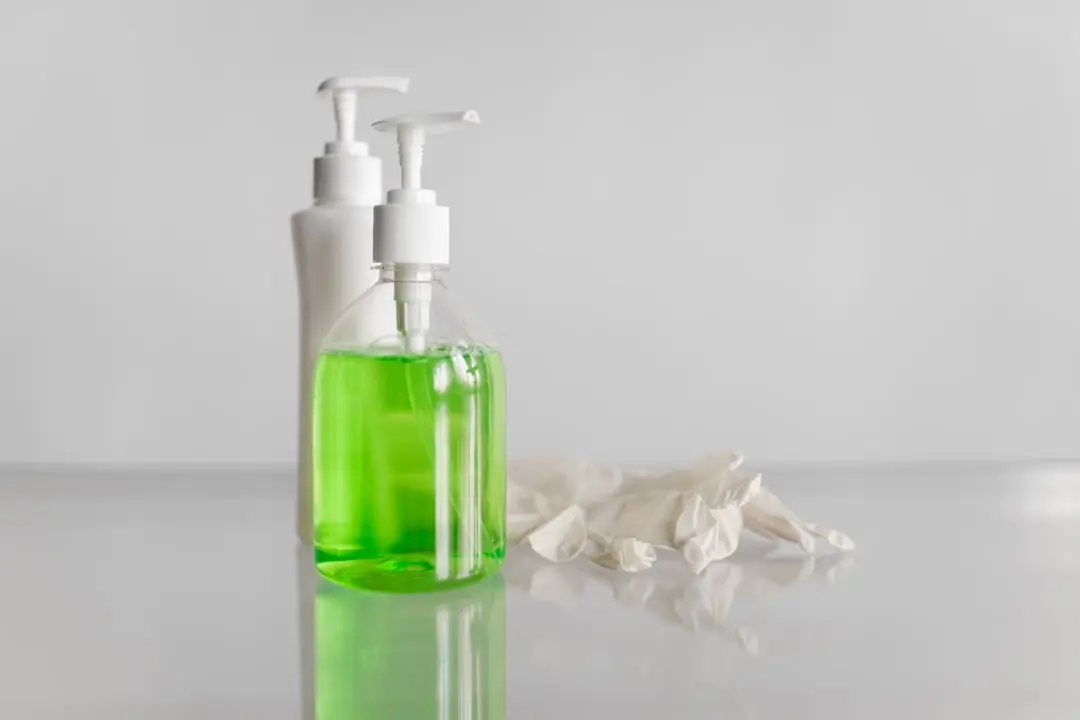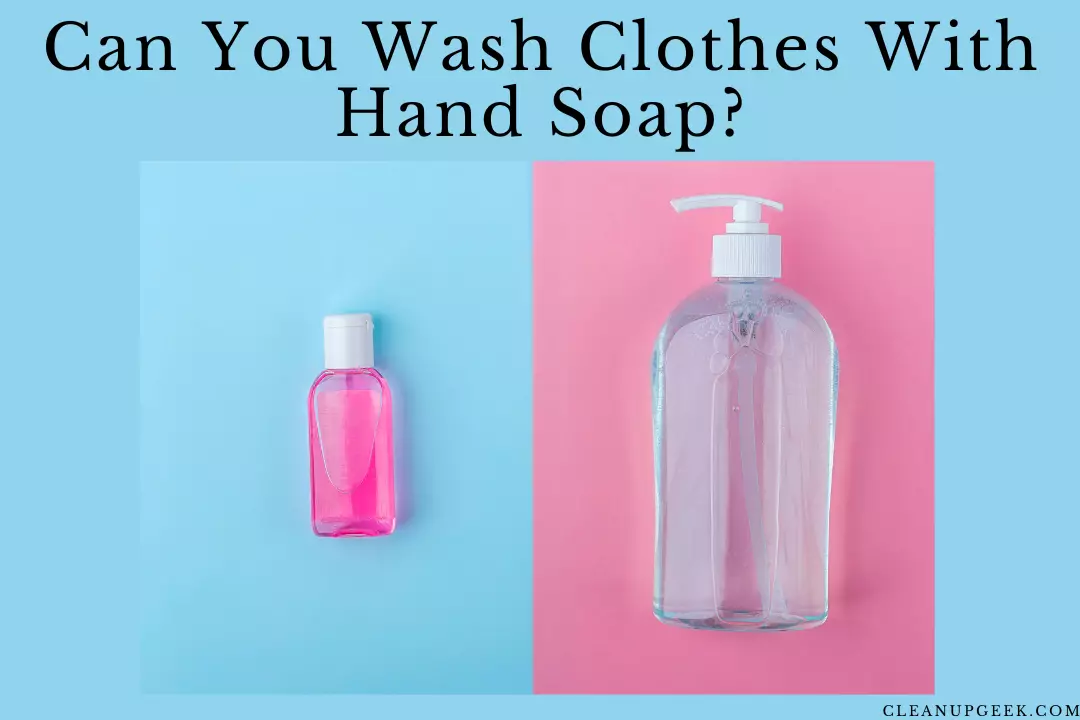Are you in a dilemma about which detergent to choose for your cleaning needs without harming your skin or the environment? You’re not alone, as many people are now seeking alternatives to harsh, chemical-based detergents.
As we dive into this article, we’ll explore everything there is to know about mild detergents- their benefits, how they work, and even how to identify them. Keep reading as this essential guide holds the key to making your washing experiences healthier and environmentally friendly!
Key Notes
- Mild detergents contain softer ingredients than standard detergents, making them safe for fabrics sensitive to harsh chemicals and beneficial for individuals with allergies or skin irritations.
- Mild detergents effectively dissolve dirt and grease without aggressive chemical reactions, making them gentle on various surfaces around the home.
- Surfactants in mild detergents help break down dirt, grease, and stains by attracting both water and oil molecules. They maintain a neutral pH balance, ensuring they are gentle on sensitive skin while providing effective cleaning power.
Understanding Mild Detergent

Mild detergent refers to a laundry cleaning agent that contains softer ingredients than standard detergents. These gentle components make it safe for fabrics sensitive to harsh chemicals, and beneficial for individuals suffering from allergies or skin irritations.
Unlike strong detergents, mild ones lack abrasives and enzymes known to agitate sensitive skin conditions.
Many items we often find in our households, like baby shampoos or certain liquid dishwashing agents are, in fact, mild detergents. They effectively dissolve dirt and grease without using aggressive chemical reactions.
This attribute also allows them to be gentler on various surfaces around your home compared with their more robust counterparts.
While they may not pack the same punch as heavy-duty options when tackling stubborn stains or grime, they still do an excellent job of maintaining cleanliness just without potential damage or irritation.
Their formulation is such that removing dirt becomes less about ‘fighting’ the grime but rather skillfully ‘lifting’ it away.
Definition of mild detergent
Mild detergents, as the name indicates, are less harsh than their traditional counterparts. They contain only surface-active agents that work to break down and dissolve dirt and grease without causing damage.
These gentle cleaners offer a kinder approach to dealing with stains on fabrics or surfaces and are ideal for those with sensitive skin or allergies. Common examples of mild detergents include baby shampoos, liquid dishwashing detergents, and select types of liquid laundry soaps.
Despite there being no official definition specifying what entails a ‘mild’ detergent, they generally suit most people’s everyday cleaning needs due to their non-abrasive nature.
Differences between soaps and detergents
In the world of cleaning, soaps and detergents are often used interchangeably. However, these two types of cleaners have significant differences in their composition and usage. Soaps consist of natural ingredients like fats or oils mixed with an alkali such as lye.
They break down dirt and grime for easy removal but may not perform well in hard water due to the formation of soap scum.
On the other hand, detergents stand out with their synthetic makeup and high cleaning power. Made from petrochemicals, they show versatility by being effective cleaners both in soft and hard water conditions.
Unlike soaps that struggle against hard water stains, detergents efficiently cut through grease and dirt without leaving any residue behind.
While both kinds demonstrate their effectiveness in different scenarios, environmental factors might tilt your choice towards one over another. The biodegradable nature of soaps provides them an ecological edge as they break down into harmless substances after use.
Detergents tend to stick around a bit longer; however, improvements are underway to create more eco-friendly options.
Despite these variabilities between soaps and detergents regarding composition, performance, or environmental impact – either can be helpful depending on your specific needs!
Common examples of mild detergents
Mild detergents are versatile cleaning solutions that can be used for various purposes around the house. Here are some common examples of mild detergents:
- Baby shampoos: These gentle formulations are specifically designed for delicate baby skin and hair, making them suitable for sensitive individuals.
- Liquid dishwashing detergents: Mild dish soaps are effective in cutting through grease and grime on dishes, yet gentle enough to use on your hands.
- Liquid laundry detergents: Certain types of liquid laundry detergents are considered mild and can effectively remove dirt and stains from clothes without causing irritation.
Benefits of Using Mild Detergent

Mild detergents offer several benefits that make them a great choice for your cleaning needs. Firstly, they are gentle on the skin, making them ideal for individuals with sensitive or easily irritated skin.
Unlike harsh detergents that can cause dryness and redness, mild detergents have soothing properties that help to minimize inflammation and keep your skin comfortable.
In addition to being gentle on the skin, mild detergents are also highly effective in removing dirt and stains. They contain powerful ingredients that break down grime without causing damage to surfaces or fabrics.
Whether you’re tackling tough stains on clothing or cleaning delicate items like jewelry or upholstery, using a mild detergent ensures thorough cleaning without compromising quality.
Furthermore, opting for mild detergents is an environmentally friendly choice. Many conventional cleaners contain harsh chemicals that can be harmful to the environment when they enter waterways after use.
In contrast, mild detergents are typically made from natural ingredients or biodegradable substances which not only reduce their ecological impact but also make them safer for aquatic life.
By choosing mild detergent products, you can enjoy efficient cleaning while keeping your skin safe and protecting the environment at the same time.
1. Gentle on the skin
A mild detergent is gentle on the skin, making it ideal for those with sensitive skin. Unlike regular detergents that can contain harsh chemicals, mild detergents use fewer chemicals and are formulated to minimize irritation and inflammation.
This means that when you use a mild detergent to wash your clothes or clean your home, you don’t have to worry about any adverse effects on your skin. Mild detergents are designed to be soothing and calming, allowing you to take care of your cleaning tasks without compromising the health of your skin.
2. Suitable for sensitive skin
Mild detergents are a great option if you have sensitive skin. They are specially formulated to be gentle and less likely to cause irritation or allergic reactions. Whether you’re washing your clothes, dishes, or even your body, using a mild detergent can help minimize discomfort and keep your skin happy.
Hypoallergenic laundry detergents, in particular, are recommended for those with sensitive or allergy-prone skin. These detergents are designed to alleviate symptoms of skin irritation without compromising on cleanliness and freshness.
Brands like Persil, All, and Tide offer non-toxic options specifically tailored for sensitive skin, making it easier for you to find the best detergent that suits your needs.
3. Effective in removing dirt and stains
Mild detergents are highly effective in removing dirt and stains from various surfaces, including clothes, dishes, and household items. The enzymes present in these detergents work to break down and remove tough stains without the need for excessive scrubbing or rubbing.
Additionally, the soluble salts of alkali metals found in laundry detergent effectively dissolve dirt particles and lift them away from fabrics during the washing process. This means you can trust that your mild detergent will leave your belongings clean and stain-free with minimal effort.
4. Environmentally friendly
Using environmentally friendly laundry detergents is a great choice for both your clothes and the planet. These biodegradable detergents are designed to break down more easily, reducing their impact on the environment.
They often contain plant-based ingredients and do not contain toxic chemicals like phosphates or synthetic dyes. In addition, many eco-friendly detergents are certified vegan and cruelty-free, meaning they don’t harm animals during testing.
By choosing environmentally friendly laundry detergents, you can ensure that your cleaning routine aligns with your values and helps to protect our planet for future generations.
How Mild Detergent Works
Mild detergents work by using surfactants, which are chemicals that help break down dirt, grease, and stains. These surfactants have a unique structure that allows them to attract both water and oil molecules.
When the detergent comes into contact with water, the hydrophilic (water-loving) ends of the surfactant molecules surround and lift away dirt particles from surfaces or fabrics.
Once the dirt is lifted off, the hydrophobic (oil-loving) ends of the surfactant molecules attach themselves to the grease or oil present in stains. This helps to loosen and dissolve stubborn stains or greasy residue.
The added benefit of mild detergents is that they maintain a neutral pH balance, which means they do not cause any irritation or damage to sensitive skin.
By utilizing these surfactants effectively, mild detergents can provide effective cleaning power while still being gentle on your hands and surfaces. So whether you’re doing laundry or cleaning your home, choosing a mild detergent ensures both cleanliness and safety for you and your family.
1. Function of surfactants in detergent
Surfactants are an essential ingredient in detergents, playing a vital role in their effectiveness. These surface active agents help to remove dirt and stains from various surfaces, including clothes, skin, and household items.
Surfactants work by reducing the surface tension of water, allowing it to spread more easily and penetrate into fabrics or onto dirty surfaces. This helps the detergent to effectively lift away dirt particles and oils that have accumulated.
In laundry detergents specifically, anionic surfactants are commonly used due to their impressive ability to remove dirt and clay. So next time you’re doing your laundry or cleaning around the house, remember that surfactants are hard at work making sure things get clean!
2. Dissolving dirt and grease
A mild detergent is effective in dissolving dirt and grease on various surfaces. This is because the surfactants present in the detergent reduce the surface tension of water, allowing it to reach and break down the dirt and grease particles.
The molecules in the detergent have a unique structure – one end is attracted to water while the other end is attracted to dirt and grease. As a result, when you use mild detergent, it helps to lift away stubborn stains and grime, leaving your items clean and fresh.
3. Maintaining pH balance
Maintaining a pH balance is crucial for optimal cleaning results and the overall health of your skin. The high alkalinity level in some cleaning solutions can disrupt the skin’s naturally acidic nature, reducing its ability to fight off harmful bacteria.
This can lead to dryness, irritation, and even infections. By using mild detergents with a balanced pH level, you can effectively clean surfaces without compromising your skin’s protective barrier.
Additionally, maintaining a balanced pH level is important for other areas of the body as well, such as the hair and vagina. So next time you reach for a cleaning solution, choose one that helps maintain pH balance for healthier and more effective cleaning.
Choosing the Right Mild Detergent

Choosing the right mild detergent is important to ensure effective cleaning while being gentle on your skin and surfaces. There are a few factors to consider when making your choice.
First, look for products that are specifically labeled as mild detergents or suitable for sensitive skin. These types of detergents typically contain fewer chemicals and are less likely to cause irritation or allergic reactions.
Next, reading product labels can provide valuable information about the ingredients and potential benefits of a mild detergent. Look out for common mild detergent brands like Joy, Ivory, Dawn, Seventh Generation, Ecover, and Dishmate.
These brands have gained popularity due to their gentleness on the skin while still being effective at removing dirt and stains.
Ultimately, finding the right mild detergent involves balancing effectiveness with gentleness on your skin and surfaces. Take into consideration any specific requirements you may have such as fragrance-free options or eco-friendly products.
By choosing a mild detergent that meets these criteria, you can ensure clean results without compromising on safety and comfort.
Factors to consider
When choosing a mild detergent, there are several factors to consider. First, check the product labels for potential skin irritants and avoid detergents that contain harsh chemicals.
Look for mild detergents that use fewer chemicals and are gentle on the skin. Additionally, consider the shelf life of the detergent as enzymes can break down over time, affecting its effectiveness.
Finally, always be cautious when using detergent to avoid ingestion or contact with eyes, as this can lead to serious health issues.
Reading product labels
When using mild detergent, it is important to read and understand the labels on the products you choose. Here are some key things to look for:
- Ingredients: Take a close look at the list of ingredients. Look for natural and gentle ingredients, such as plant-based surfactants and essential oils. Avoid harsh chemicals like phosphates, sulfates, and synthetic fragrances.
- pH balance: Check if the detergent is pH balanced. Mild detergents typically have a neutral pH that is gentle on fabrics and skin.
- Directions for use: Follow the instructions on how much detergent to use per load of laundry or cleaning task. Using too much detergent can lead to residue buildup or excessive sudsing.
- Safety precautions: Pay attention to any warnings or safety precautions mentioned on the label. This information will help you handle and store the product safely.
- Environmental certifications: Look for eco-friendly certifications, such as EPA Safer Choice or EWG Verified, which indicate that the product has been tested for environmental impact and safety.
Recommendations for mild detergents
Here are some recommendations for mild detergents:
- Look for popular brands like Joy, Ivory, Dawn, Seventh Generation, Ecover, and Dishmate.
- Check the ingredients list for known gentle or hypoallergenic agents to determine if a detergent is mild.
- Opt for laundry detergents that contain surface-active agents to effectively dissolve dirt and grease.
- Choose mild detergents that are designed to be gentle on skin and surfaces while still removing dirt, grime, and stains.
- Be aware that liquid laundry detergent packets can be poisonous, so be cautious when using them.
How to Identify Mild Detergent

To identify mild detergent, it’s important to read the product labels carefully. Look for ingredients that indicate a gentle formula, such as “gentle,” “mild,” or “sensitive.” Avoid detergents that contain harsh chemicals like bleach or enzymes, as these can irritate sensitive skin and cause allergic reactions.
Keep in mind that there are no formal definitions for what constitutes a “mild” detergent, so it’s essential to rely on the information provided on the packaging. By choosing detergents with gentle ingredients, you can ensure that your cleaning products are suitable for your needs and won’t cause any skin irritation or discomfort.
Understanding ingredient labels
Understanding ingredient labels is crucial for knowing the ingredients in a product. It helps you make informed decisions when choosing cleaning products. By reading and comprehending ingredient labels, you can ensure that the product does not contain any harsh chemicals or irritants that may cause skin allergies or sensitivities. Ingredient lists provide information about the active ingredients, preservatives, fragrances, or dyes present in the detergent. They also indicate the quantities of each ingredient used. Here are some important facts about ingredient labels:
- Ingredient labels provide information about the ingredients and their quantities.
- Reading and understanding ingredient labels helps consumers make informed decisions.
- Ingredient lists include active ingredients, preservatives, fragrances, or dyes.
- Mild detergents contain gentle surfactants that clean effectively without causing skin irritation.
- Understanding ingredient labels is essential for avoiding harmful chemicals and choosing products suitable for your needs.
Avoiding harsh chemicals
To ensure the safety of yourself and your family, it is important to avoid harsh chemicals in the laundry detergents you use. Here are some tips to help you:
- Look for labels: Read product labels carefully and check for any harmful chemicals or ingredients that may cause skin irritation or allergic reactions.
- Choose fragrance-free options: Opt for fragrance-free detergents as they are less likely to contain harsh chemicals that can irritate sensitive skin.
- Avoid optical brighteners: These additives can make clothes appear brighter, but they may also cause skin irritation and allergic reactions.
- Go for preservative-free products: Harsh preservatives, such as parabens and formaldehyde releasers, should be avoided as they can be harmful to your health.
- Say no to ethoxylated ingredients: Ethoxylated ingredients, such as sodium laureth sulfate (SLES) or polyethylene glycol (PEG), can be irritating to the skin and may even have potential health risks.
- Choose natural alternatives: Look for mild detergents that are made from natural ingredients like plant-based surfactants, which are gentler on the skin and safer for the environment.
Frequently Asked Questions

1. What qualifies as a mild detergent?
A mild detergent is typically a cleaning agent that is gentle on fabrics and surfaces. It does not contain harsh chemicals or enzymes, making it suitable for sensitive skin and delicate materials.
2. How does mild detergent work in cleaning stains?
Mild detergents work by breaking down the bonds between dirt, grime, and stains on fabrics or surfaces. They contain surfactants that help to lift away dirt particles without causing damage or fading to the material.
3. Can I use mild detergent for all types of laundry?
Mild detergents are generally safe to use for most types of laundry, including delicates, baby clothes, and sensitive skin garments. However, it’s always important to check the care labels on your clothing items for any specific instructions.
4. Are there any precautions when using mild detergents?
While mild detergents are considered gentler than regular detergents, it’s still essential to follow the recommended dosage guidelines provided by the manufacturer. Using too much detergent can leave residue on clothes and may require extra rinsing to remove completely
Conclusion and final thoughts 💭
In conclusion, mild detergents are a great option for those looking for a gentler cleaning solution. They are effective in removing dirt and stains while being gentle on the skin.
Whether you’re washing clothes or cleaning surfaces around the house, choosing a mild detergent can help protect your skin and preserve the quality of your belongings.
So next time you’re shopping for cleaning products, consider opting for a mild detergent to enjoy its benefits without any harsh chemicals.
